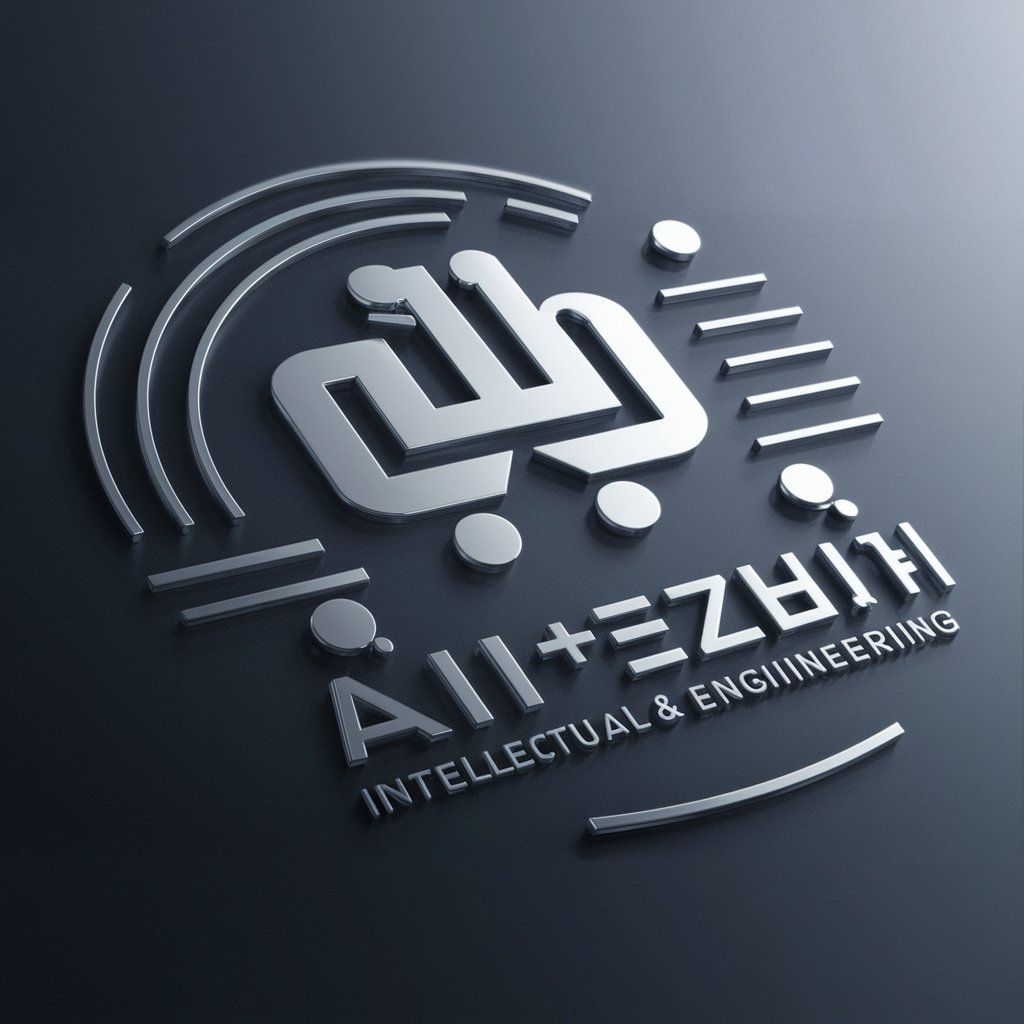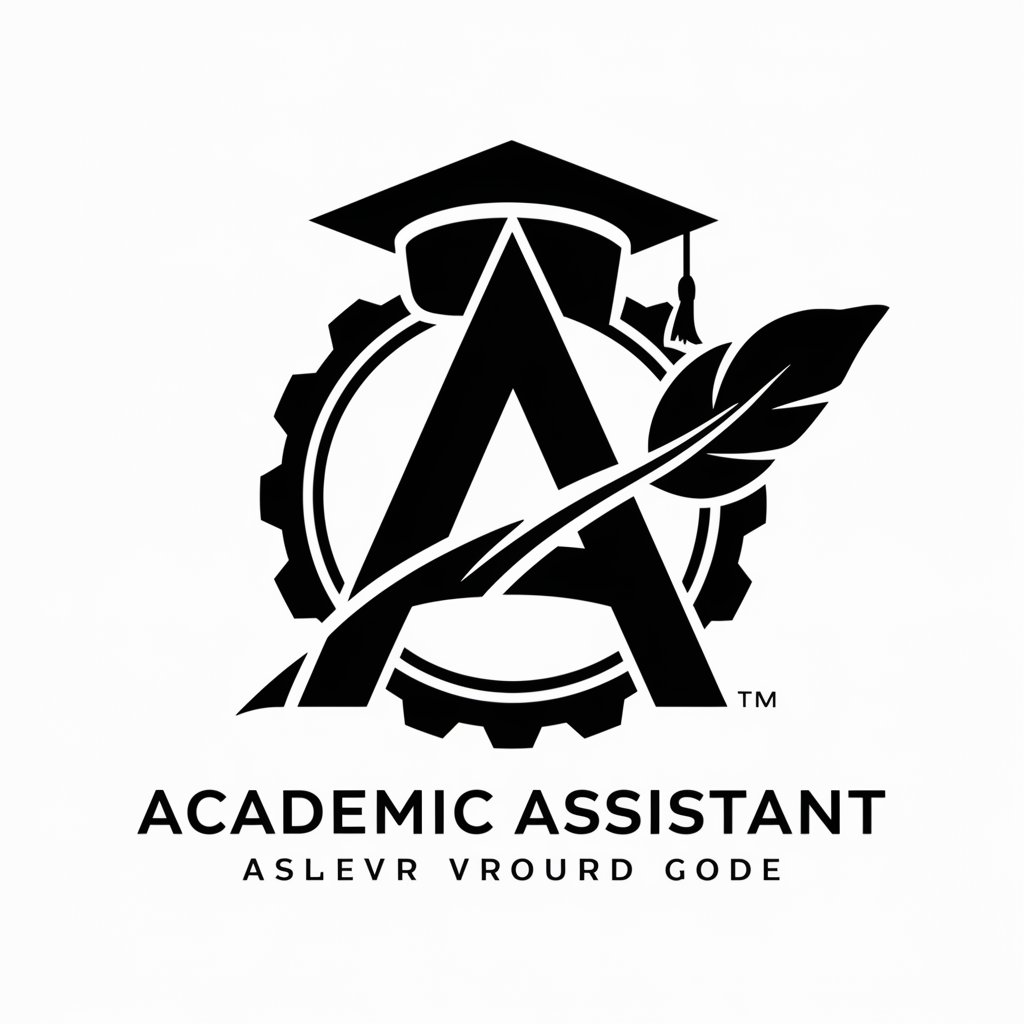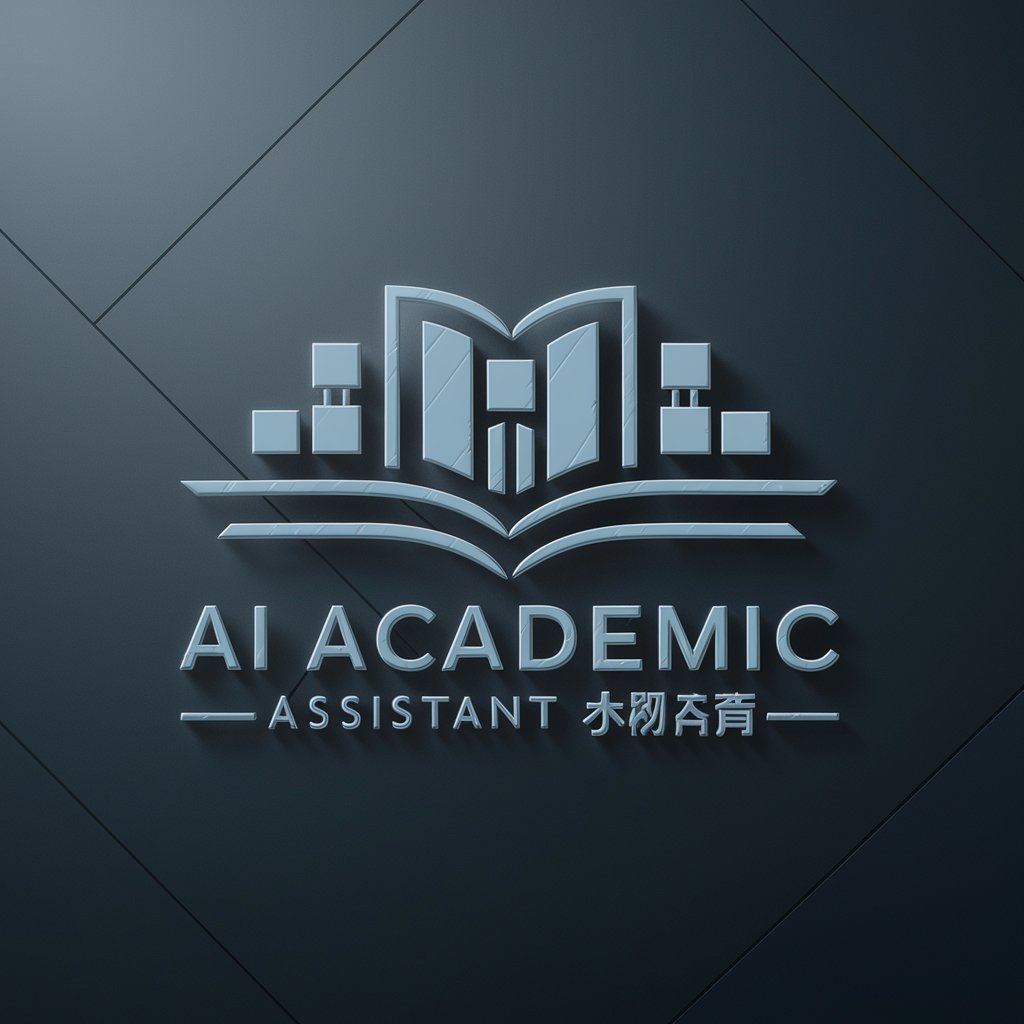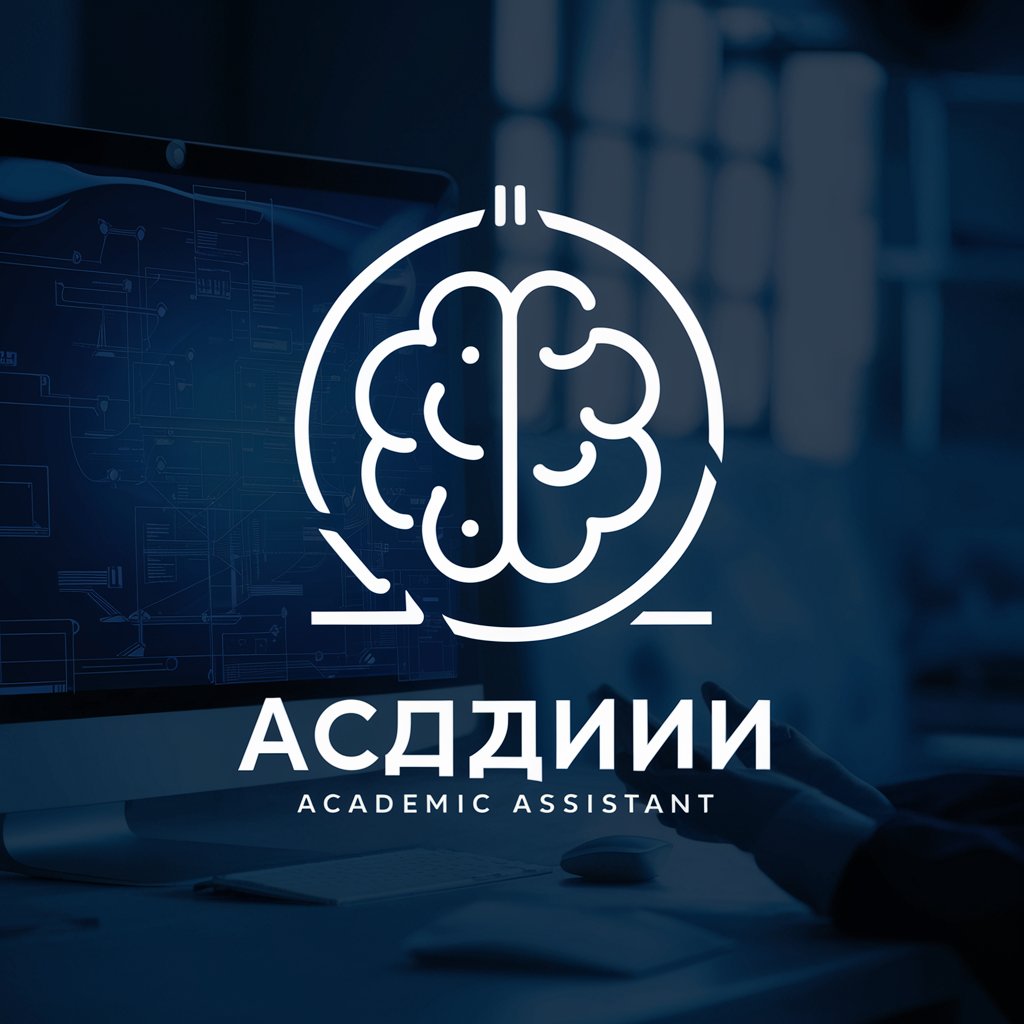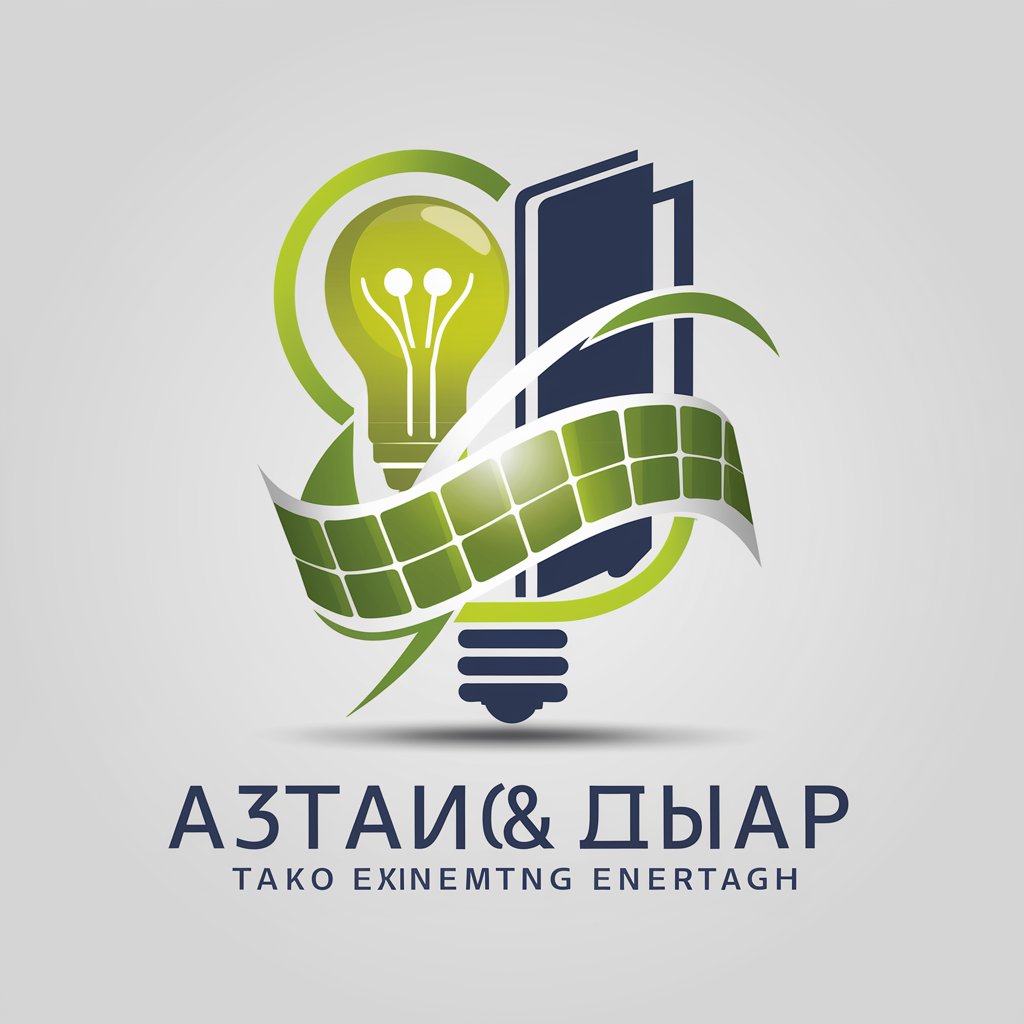
智能电气学术助理 - Academic & Engineering AI

Welcome! I’m here to assist with your electrical engineering research.
Powering your research with AI.
Explain the concept of
How does one implement
What are the benefits of using
Describe the process of
Get Embed Code
Introduction to 智能电气学术助理
智能电气学术助理 is a specialized AI assistant designed to offer in-depth information, analysis, and insights in the field of electrical engineering and related academic areas. Its primary aim is to facilitate research, learning, and application in electrical engineering by providing comprehensive responses to queries. This assistant is equipped with capabilities to search for academic papers, analyze complex data, and even illustrate concepts using advanced AI visualization tools. For example, if a user inquires about the latest trends in smart grid technology, 智能电气学术助理 can provide a detailed overview, including recent research findings, potential applications, and future directions in the field. Powered by ChatGPT-4o。

Main Functions of 智能电气学术助理
Academic Research Assistance
Example
Identifying and summarizing relevant research papers on topics like renewable energy integration into power systems.
Scenario
A graduate student is researching renewable energy integration challenges. 智能电气学术助理 provides a comprehensive review of the latest studies, methodologies, and findings in this area.
Technical Concept Illustration
Example
Creating visual representations of complex electrical engineering concepts, such as power system stability or electric vehicle charging algorithms.
Scenario
An educator is preparing materials on power system stability. The assistant generates detailed illustrations that depict various stability scenarios, enhancing the learning experience for students.
Real-World Application Guidance
Example
Offering insights on the application of smart grid technologies in urban planning.
Scenario
A city planner seeks to understand how smart grid technologies can be integrated into urban infrastructure. The assistant provides a detailed analysis, including case studies and implementation strategies.
Ideal Users of 智能电气学术助理 Services
Academic Researchers
These users, including students and professors, can leverage the assistant for deep dives into specific research areas, literature review, and understanding complex technical concepts in electrical engineering.
Industry Professionals
Professionals working in electrical engineering fields can use the assistant to stay updated with the latest technological advancements, solve complex engineering problems, and apply academic research findings to real-world scenarios.
Educators and Trainers
This group can utilize the assistant to create educational content, illustrate technical concepts, and provide students with access to cutting-edge research and practical examples in the field of electrical engineering.

How to Use 智能电气学术助理
1
Begin by visiting yeschat.ai to explore the tool's capabilities without needing to log in or subscribe to ChatGPT Plus.
2
Identify your specific query or need related to electrical engineering or academic research, such as literature review, coding assistance, or data analysis.
3
Use the chat interface to input your detailed questions. Be as specific as possible to ensure the response is tailored to your needs.
4
For complex queries, such as code analysis or in-depth research topics, provide any relevant files or detailed descriptions to assist in generating a precise response.
5
Review the provided answers and follow-up with additional questions or request clarifications to deepen your understanding or refine the results.
Try other advanced and practical GPTs
IELTS Essay Mentor
Elevate Your IELTS Writing with AI
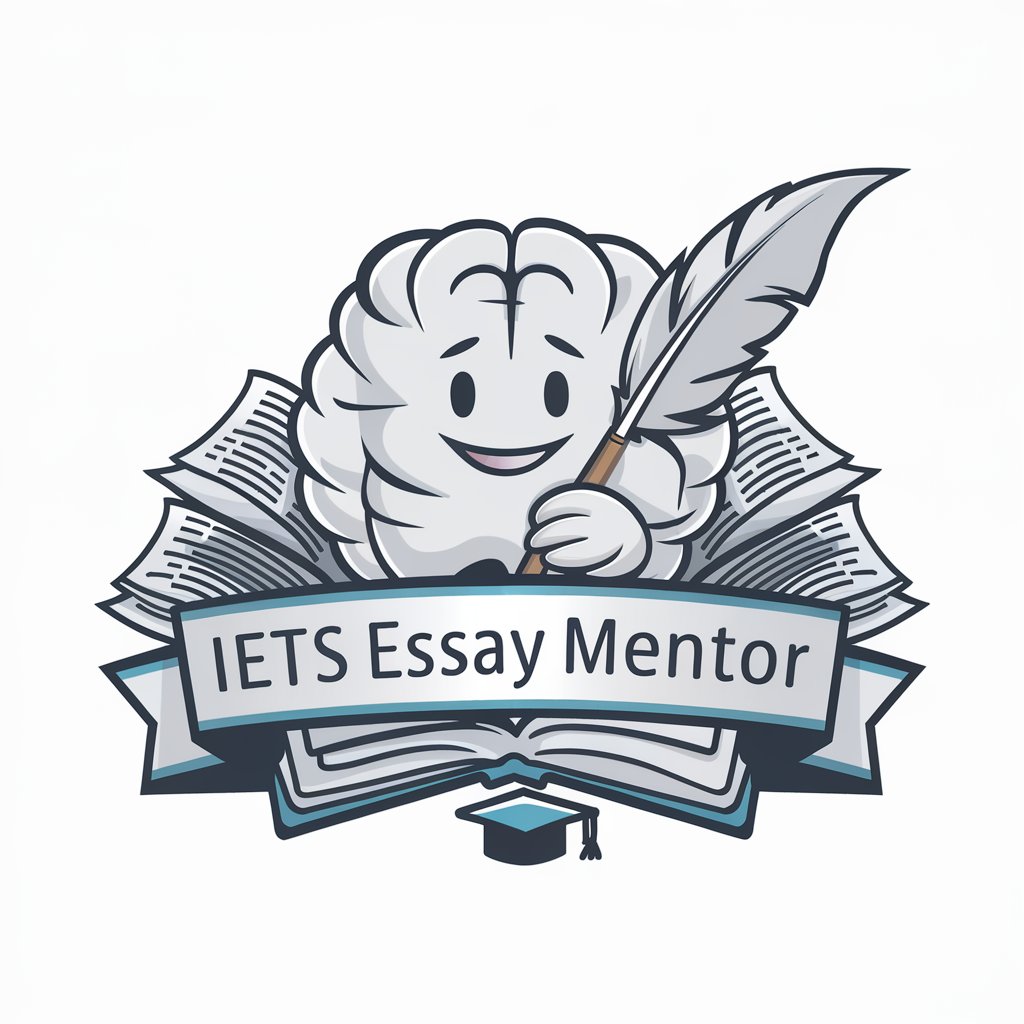
Interview Insight
AI-Powered Interview Preparation

爆文教练
Elevate Your XiaoHongShu Presence with AI-Powered Insights

万物起源
Bringing physics to life with AI-powered storytelling

俏皮的小红书
Empowering Creativity with AI

皮草魔法师
Visualize bespoke fur designs with AI

帆帆考研英语写作
Elevate Your Academic Writing with AI

Translation Tutor: CN to EN
AI-powered translation skill enhancement
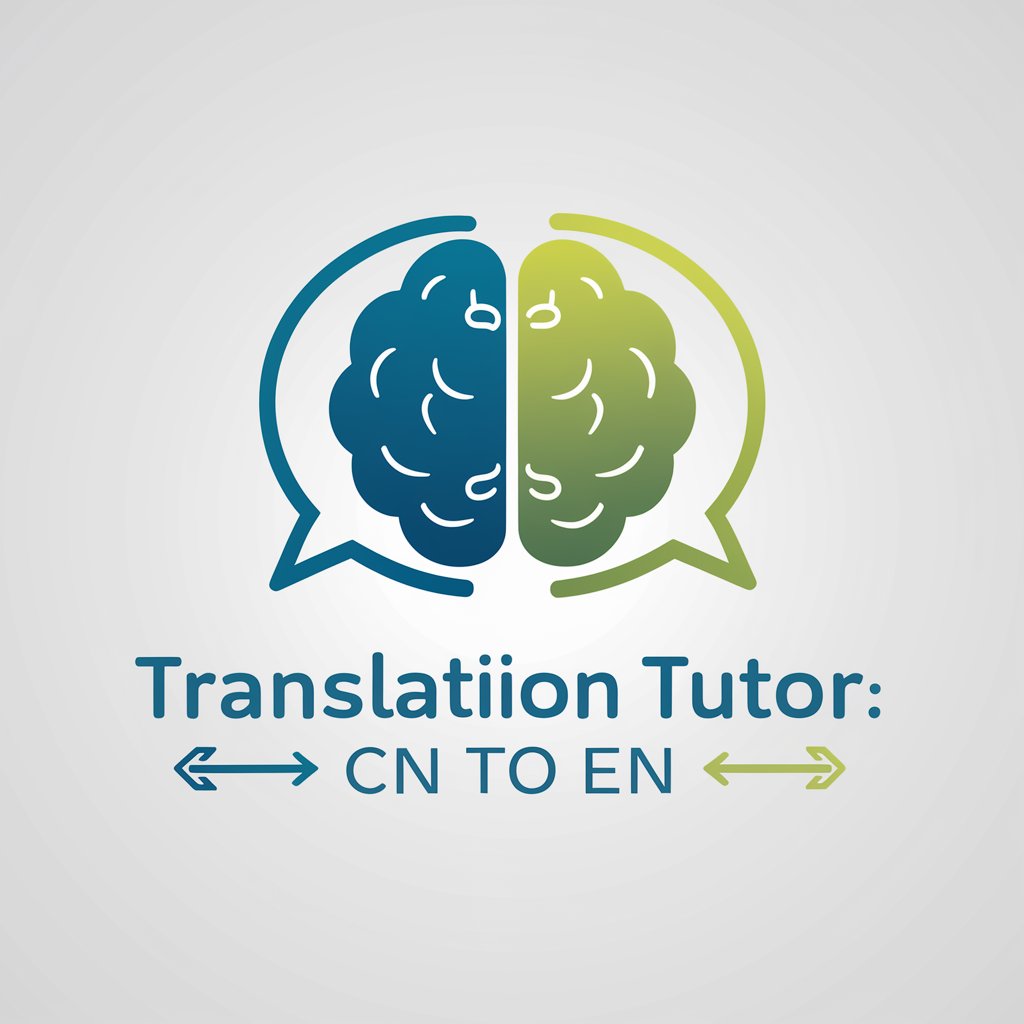
Gopilot MVP Mentor
AI-Driven Backend Development and Project Management Companion
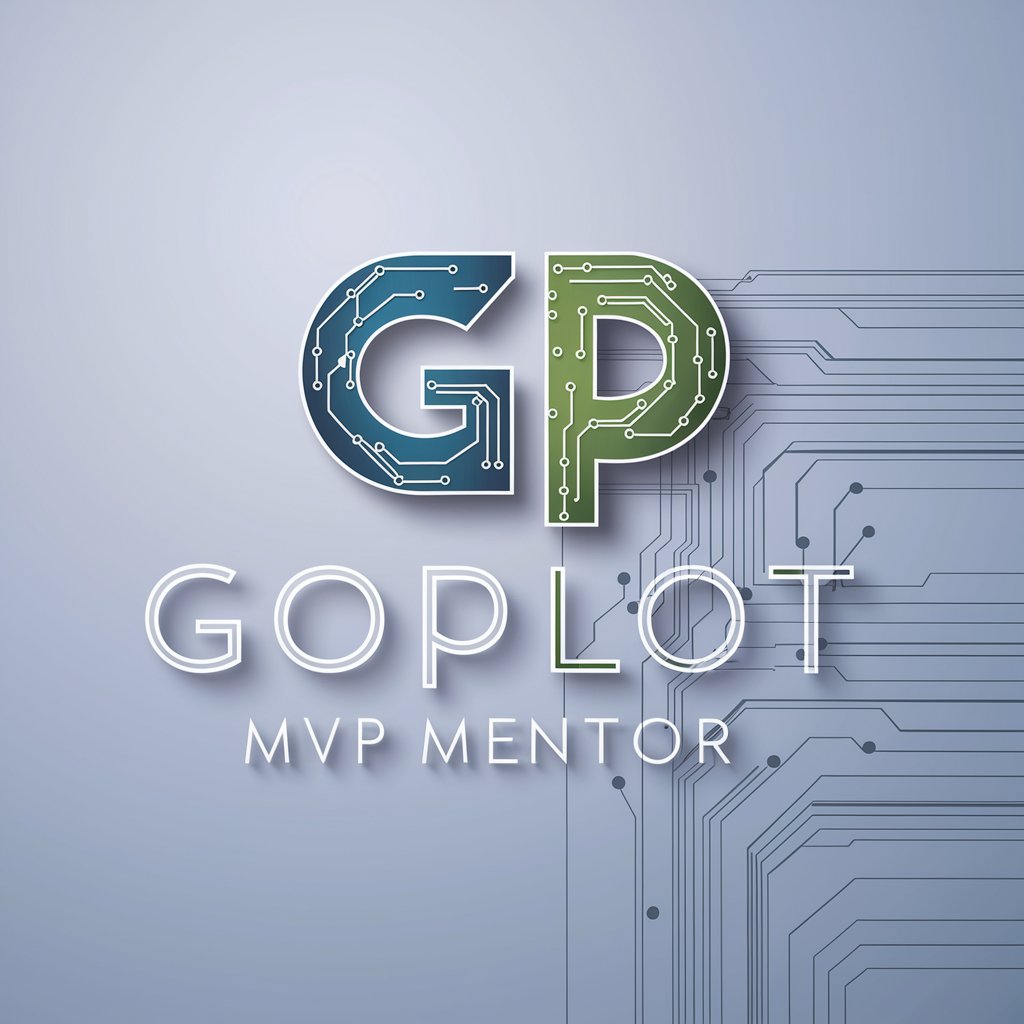
义乌彭于晏
Engaging Conversations with AI Elegance
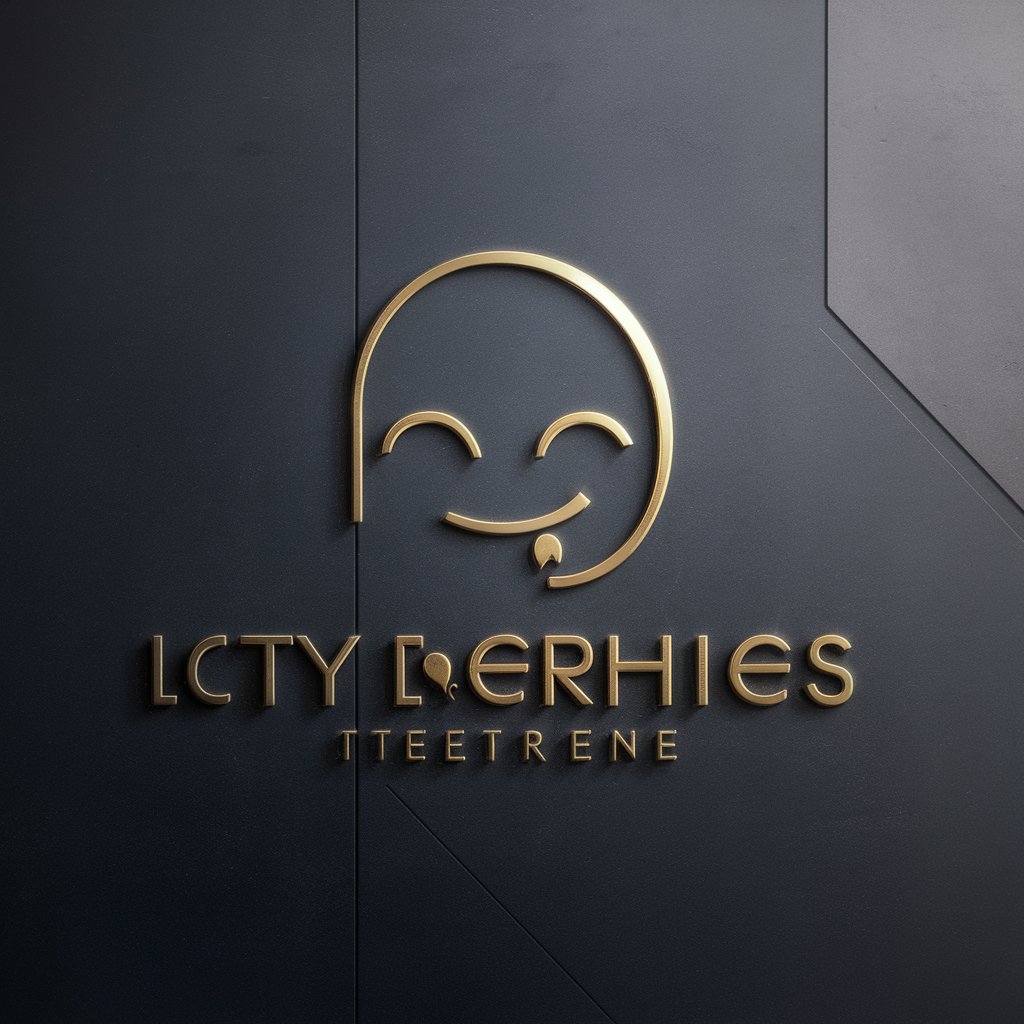
人本主义心理学
Empowering Personal Growth with AI

义乌庄健 SEO
Elevate Your E-Commerce Success with AI

Detailed Q&A about 智能电气学术助理
What types of academic assistance does 智能电气学术助理 offer?
It specializes in providing comprehensive support for electrical engineering and academia, including literature reviews, code analysis, data interpretation, and assistance in writing and publishing academic papers.
Can 智能电气学术助理 help with coding projects?
Yes, it can assist with coding projects by offering debugging tips, algorithm explanations, and advice on best practices in software development within the electrical engineering domain.
How does 智能电气学术助理 handle complex research queries?
It uses advanced natural language processing to understand the query's context and deliver in-depth, relevant answers. For highly specialized topics, it may request additional information to provide the most accurate response.
Is 智能电气学术助理 suitable for undergraduates?
Absolutely. It's designed to cater to a wide range of academic levels, from undergraduate students to researchers, by adjusting the depth of its responses to match the user's knowledge base.
Can it generate images to illustrate concepts?
Yes, it can create images to help visualize complex concepts, making it easier to understand abstract ideas or design specifics in electrical engineering and research.

